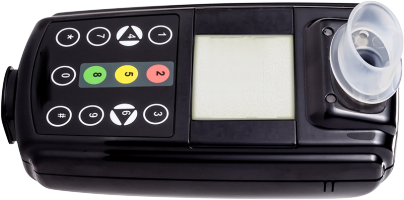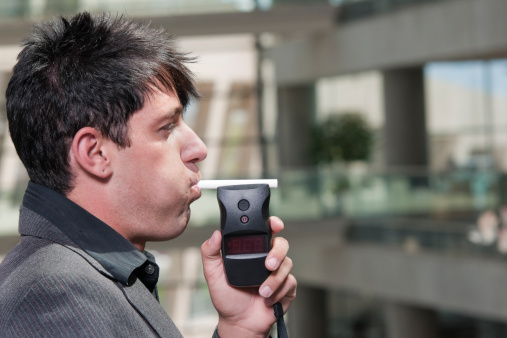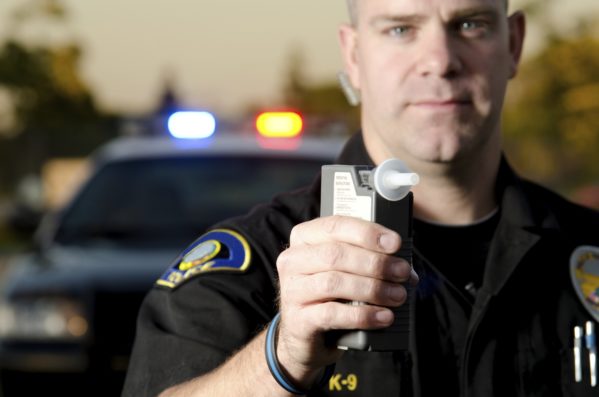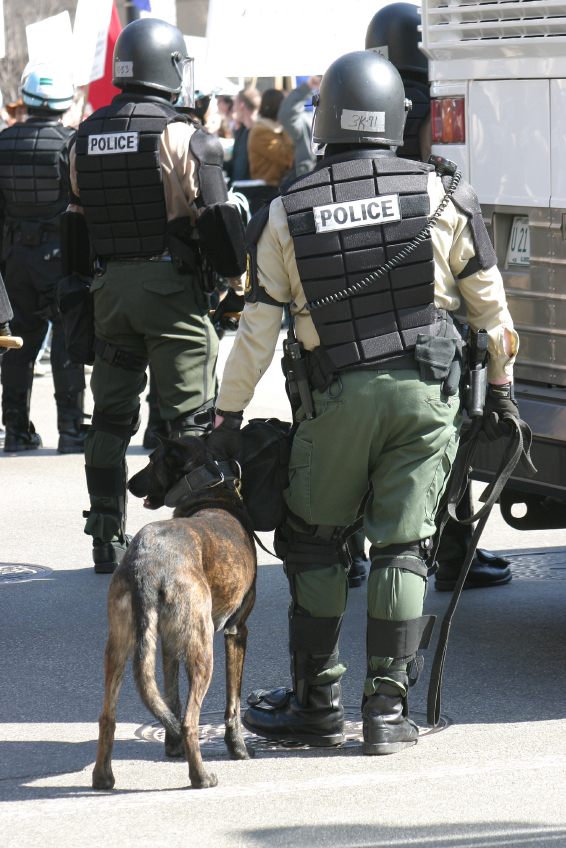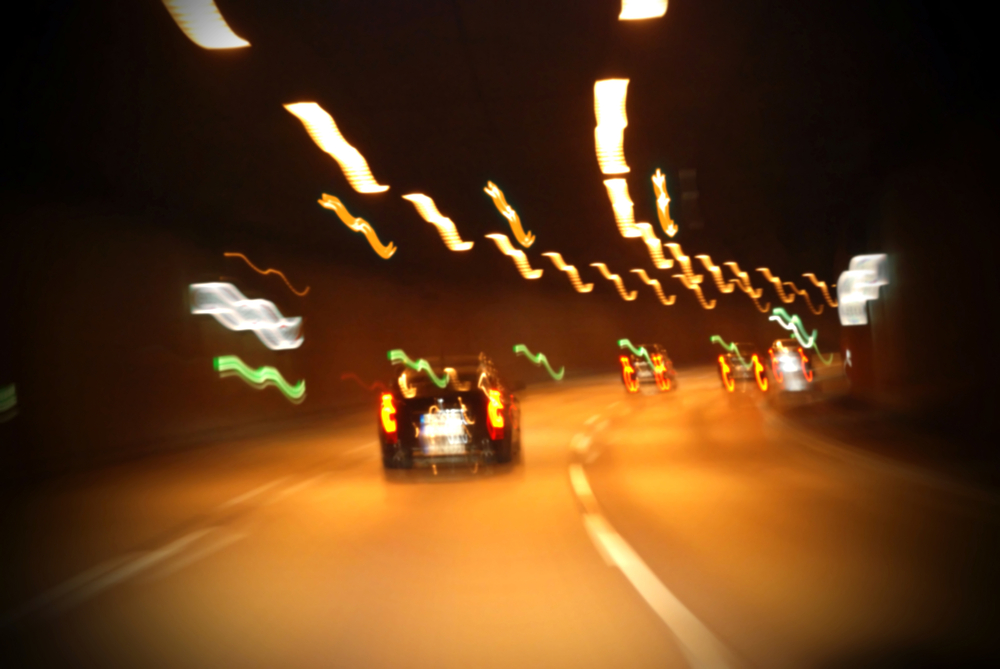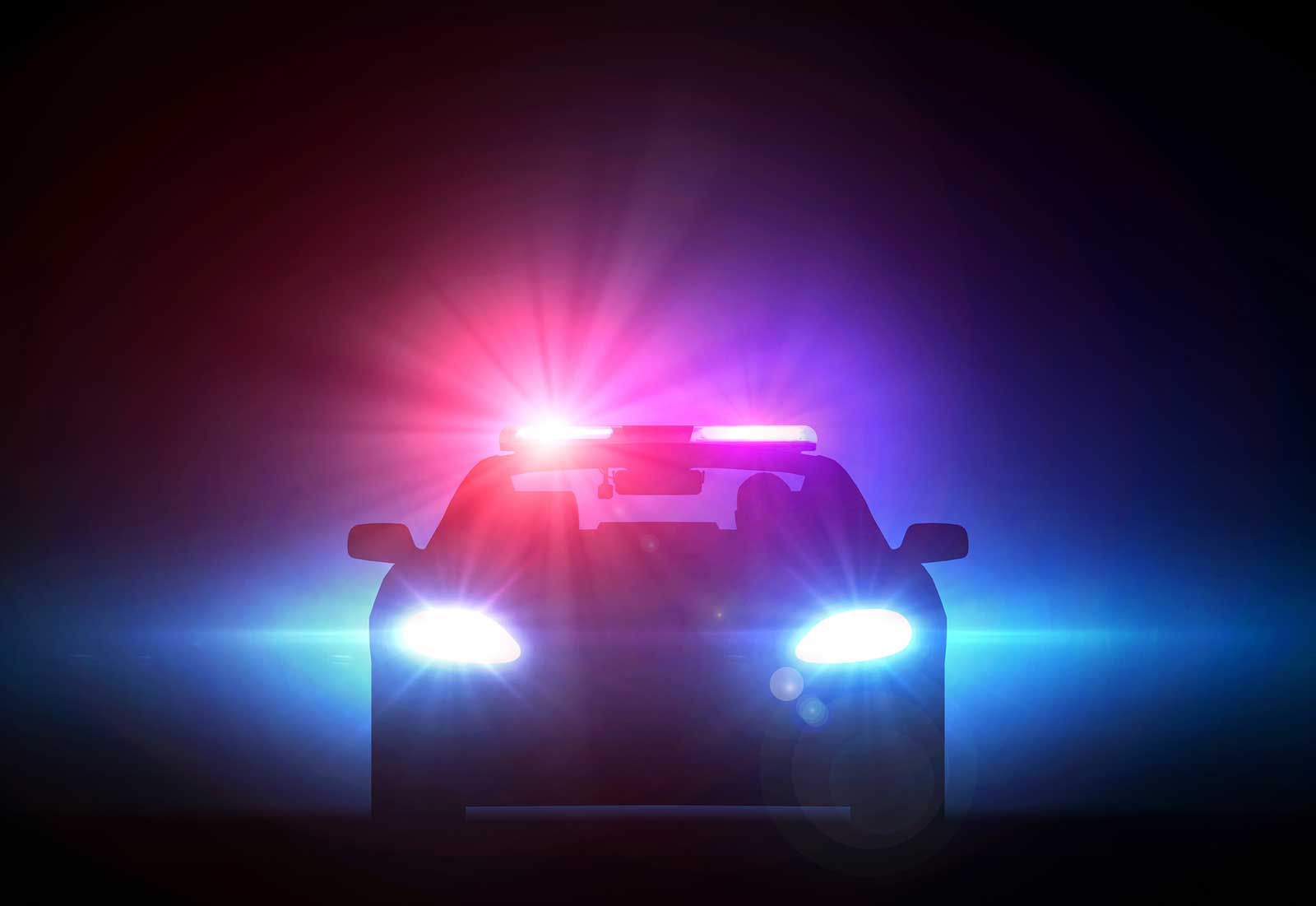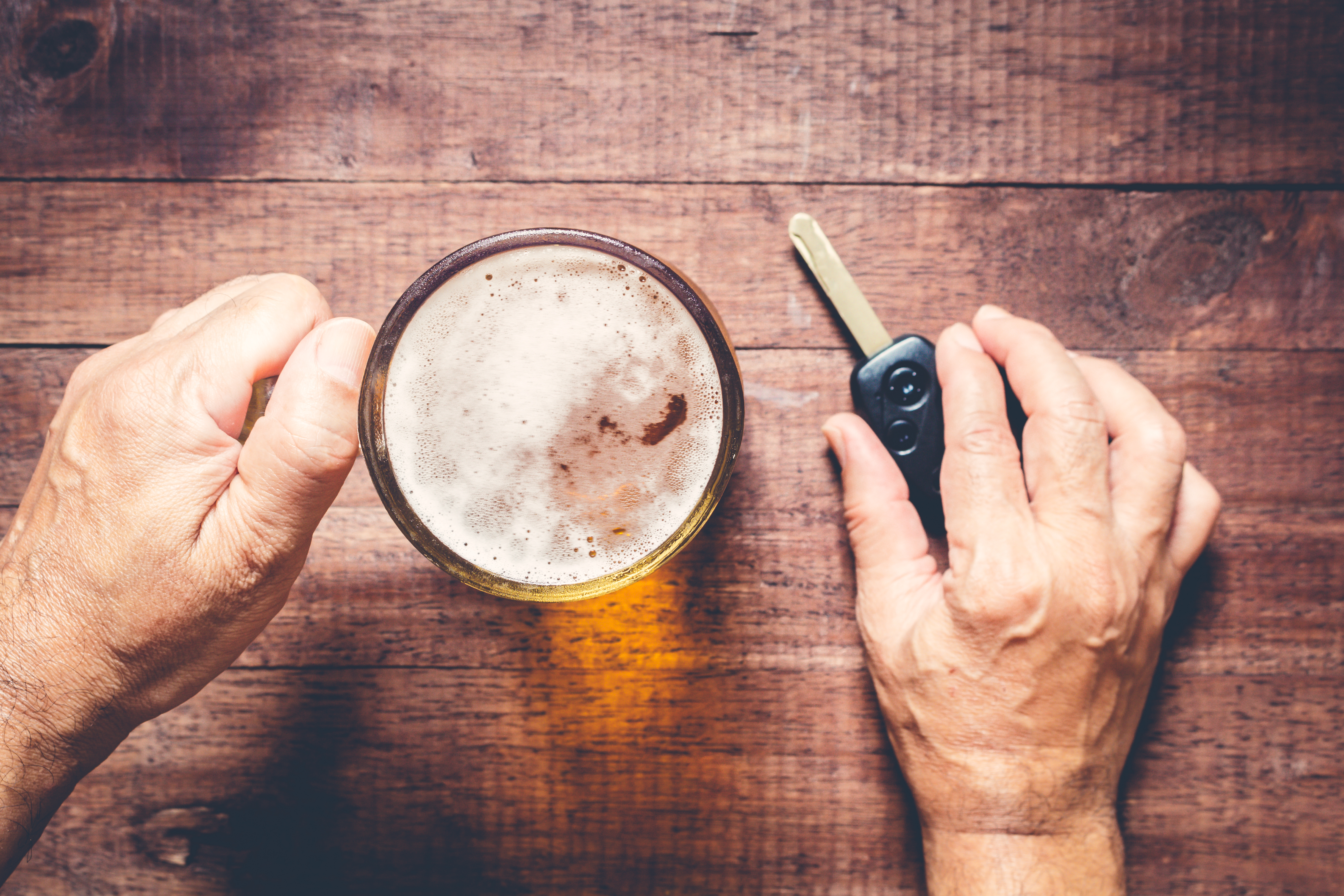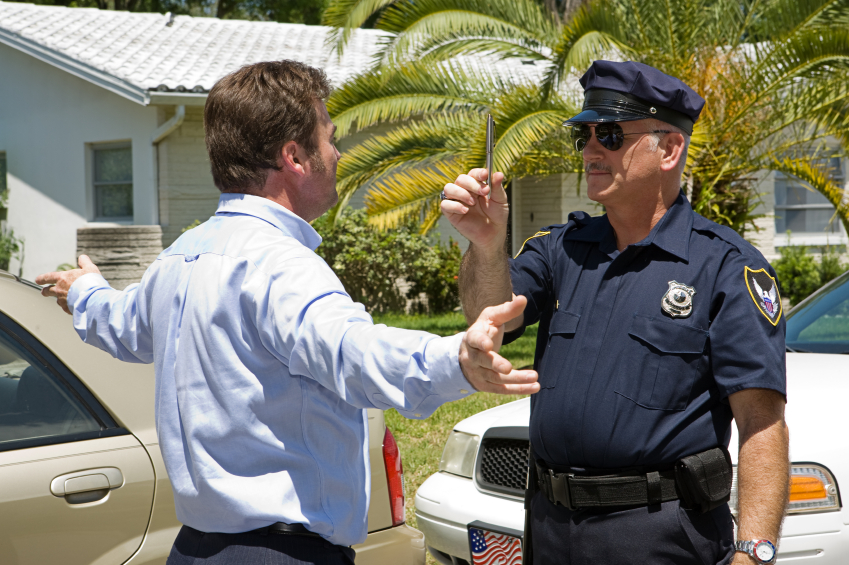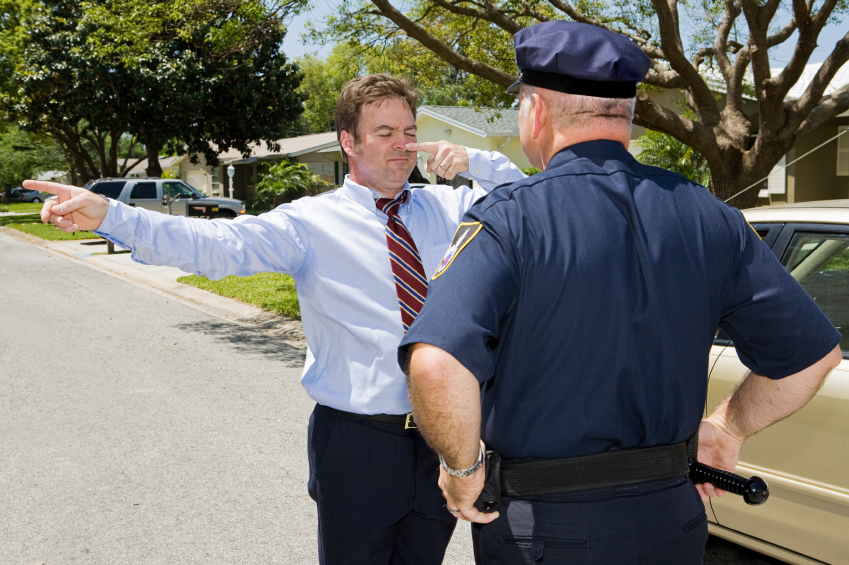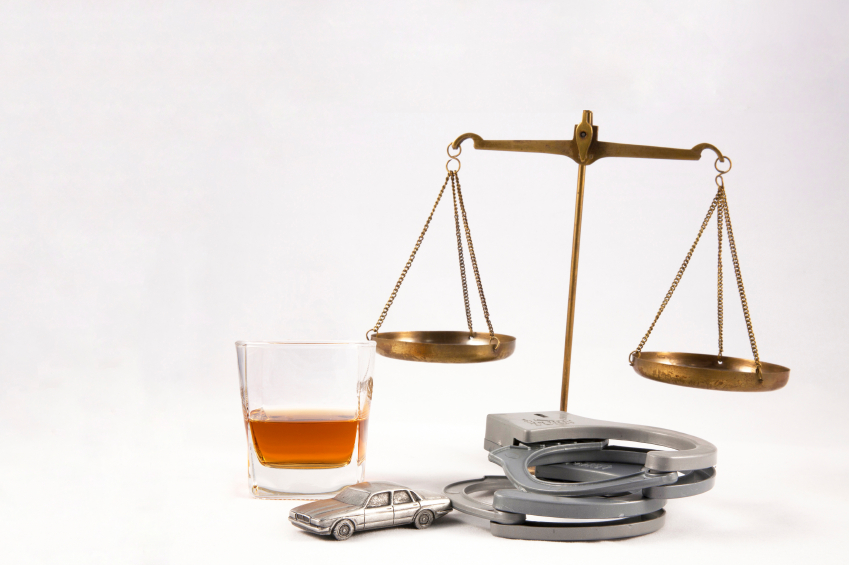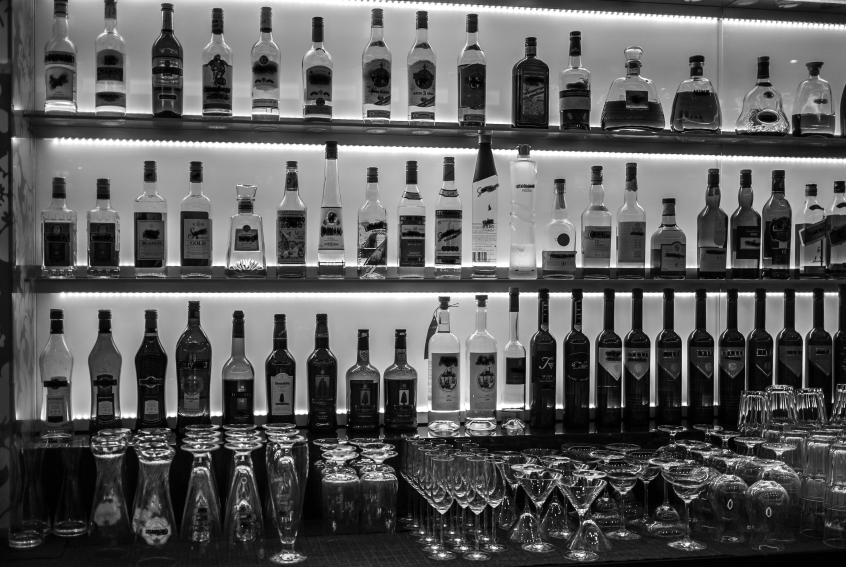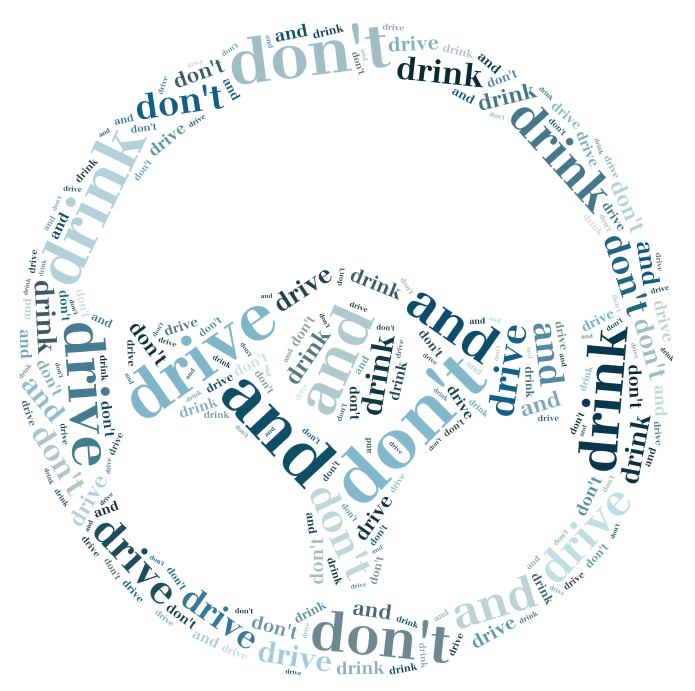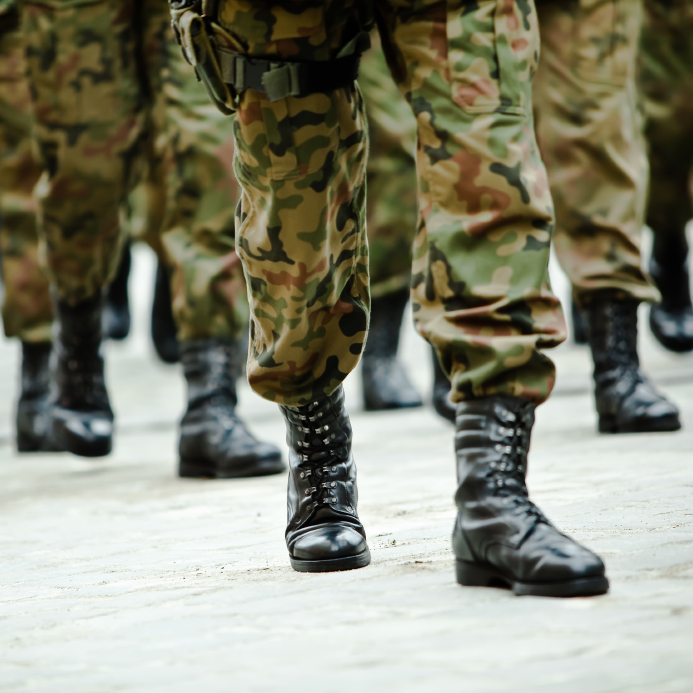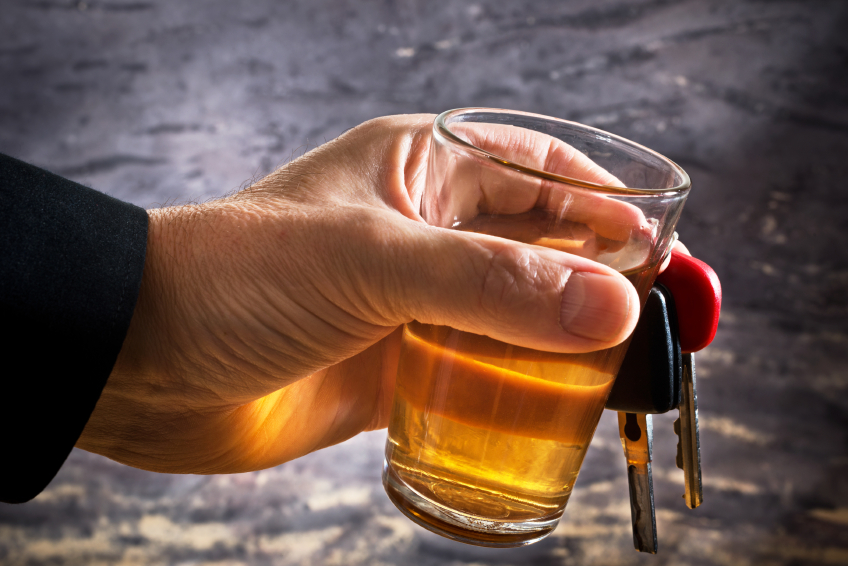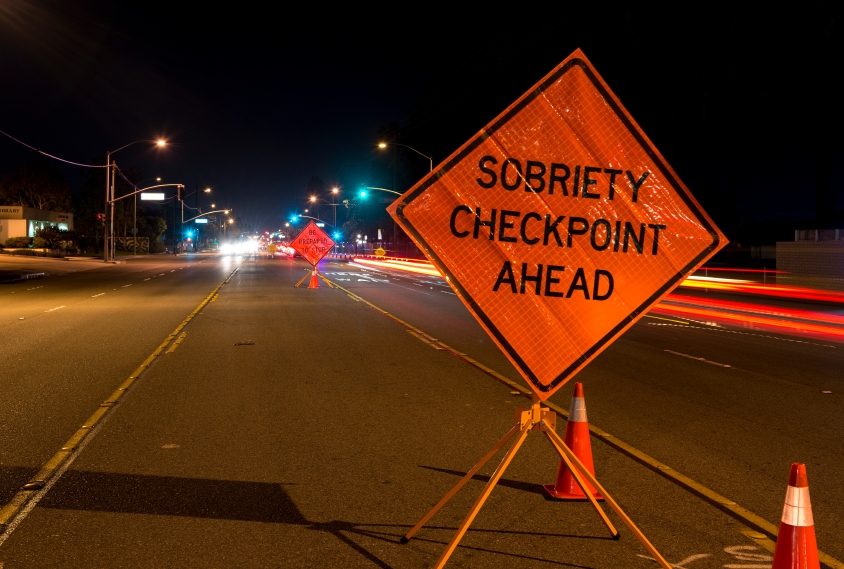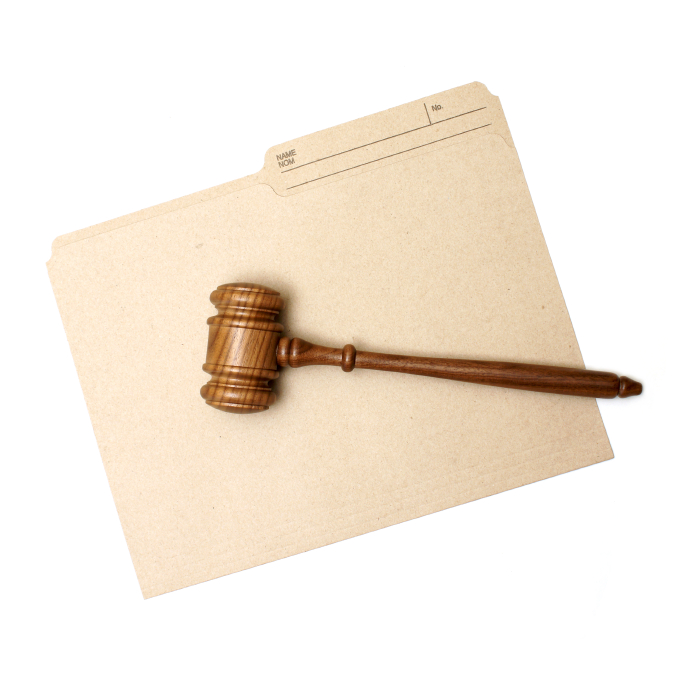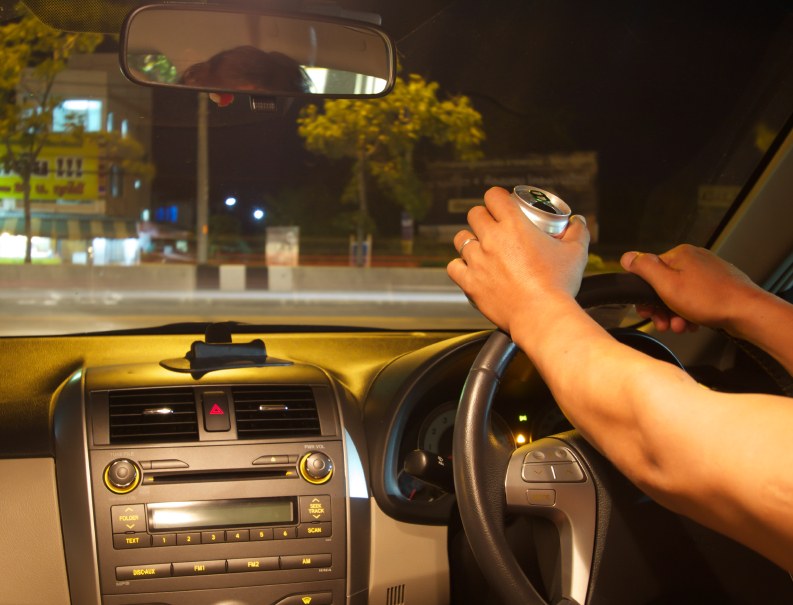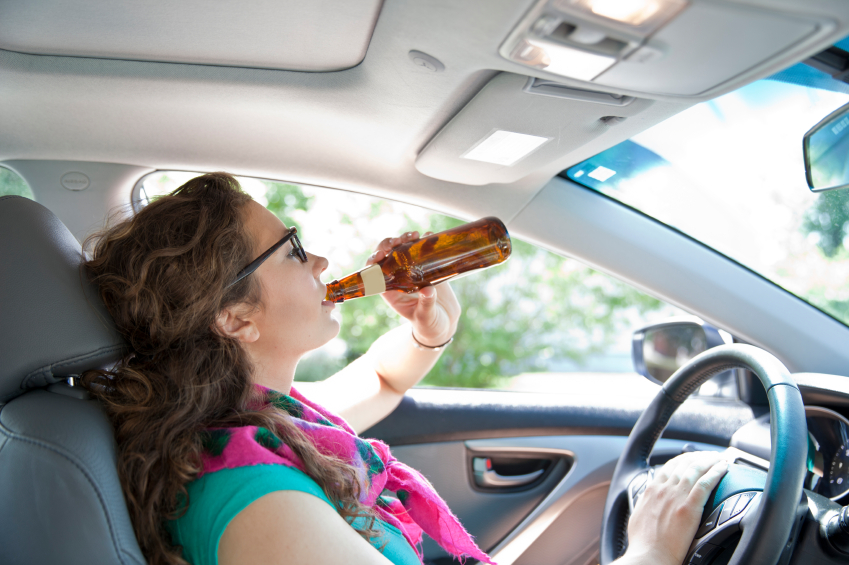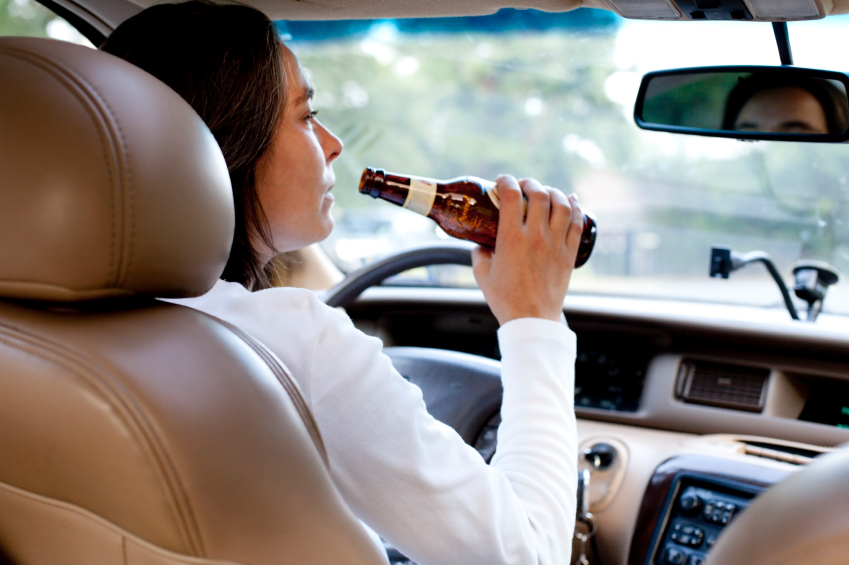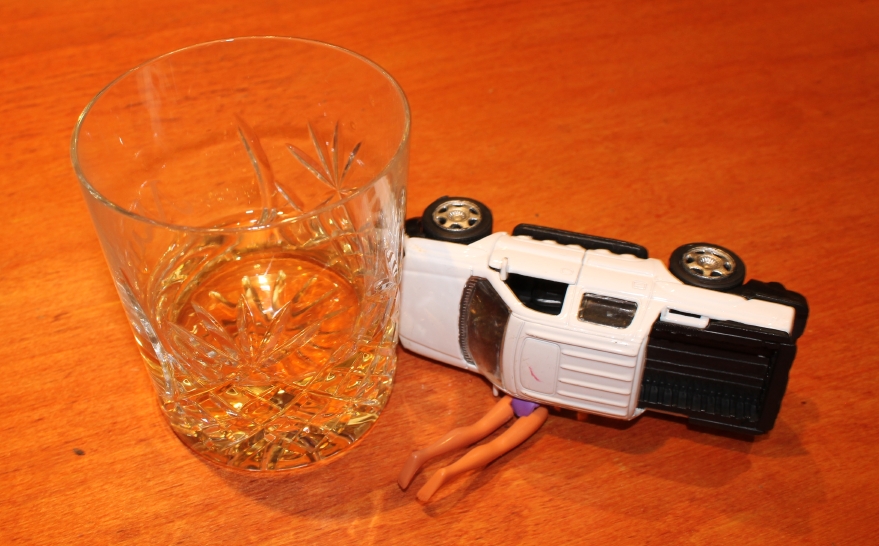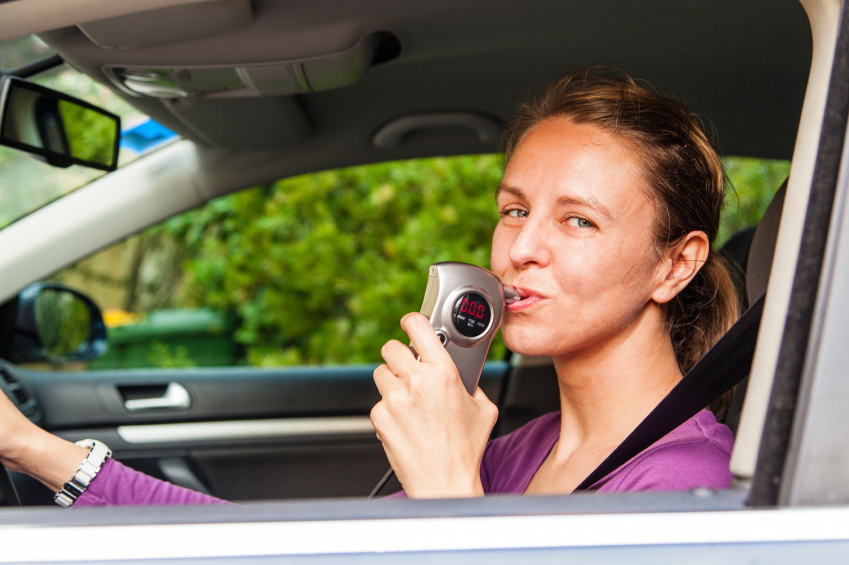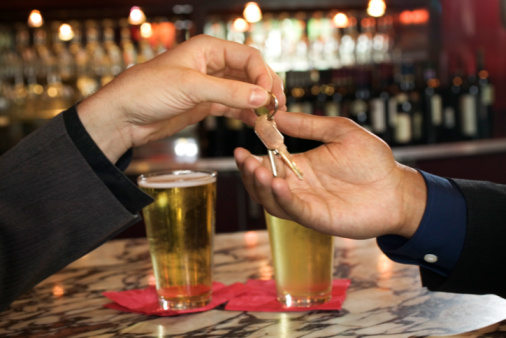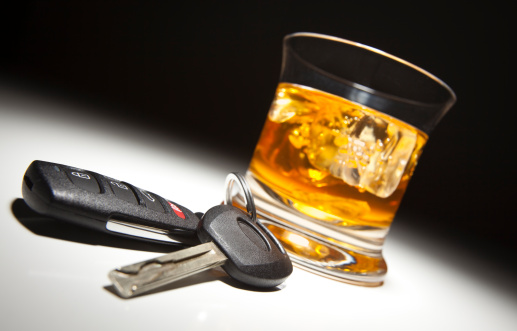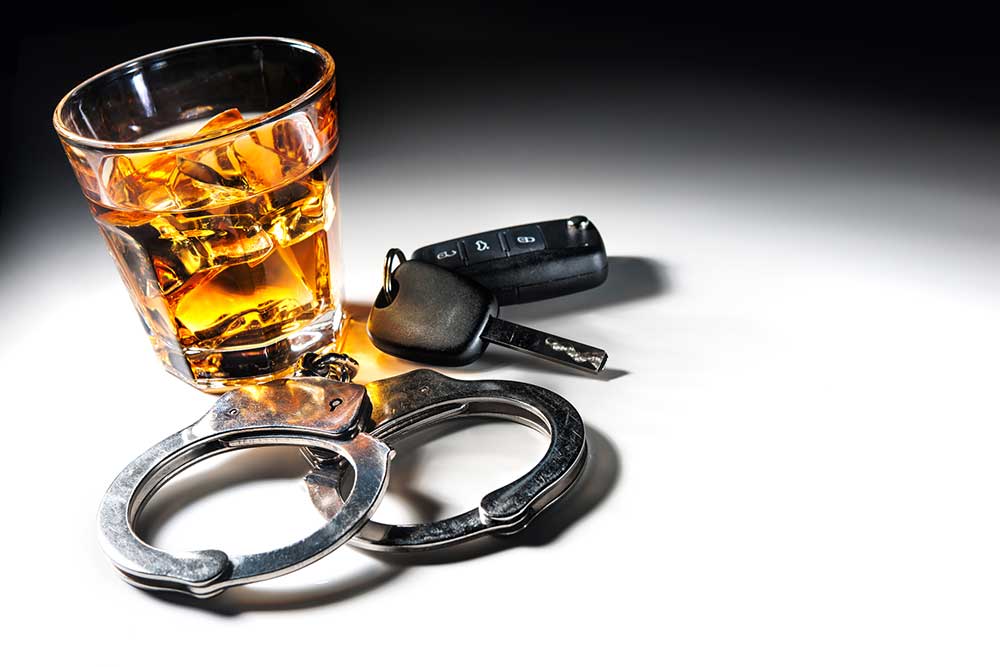
What happens If I get charged with a DWI in North Carolina?
If you are charged as a result of a traffic stop and the officer suspects impairment from alcohol, you will likely be taken to a police department or downtown Raleigh for a chemical test of your breath. You will be read your rights for the breath test.
If you refuse to take the breath test, your license will be revoked immediately for a period of 30 days. In addition, you will be contacted via U.S. Mail at the address on your driver’s license, and notified of the beginning of a one year revocation of your driving privileges. If the officer listed you as a refusal, but you did not actually willfully refuse, you may request a hearing with the Division of Motor Vehicles to determine if you refused willfully. You may write a letter yourself, or with the help of an attorney, to request the hearing. If this is the first time you have ever refused the chemical test, you may be eligible for a limited privilege after the first 6 months, provided that the criminal case has been concluded and that you have received a substance abuse assessment and completed all recommended treatment
If you have ever previously refused a chemical test on another DWI, the 12 month revocation for the current refusal is without any limited driving privilege. Any revocation for the willful refusal is completely separate and apart from any revocation for a revocation for the criminal offense of DWI.
If you take the breath test and register a .08 or higher, you license will be revoked immediately for 30 days. In any circumstance where there is a 30 day revocation, there is a mandatory $100 restoration fee due to the clerk’s office at the end of 30 days. In some circumstances, after the first 10 days of the 30 day civil revocation, you may be eligible to petition the court for a pre-trial limited driving privilege. The petition for the privilege is on the 11th day from the date you are charged and you receive the pretrial privilege on the 12th day, provided that these days are business days. There is a $100 filing fee at the clerk’s office for the petition for the pretrial privilege.
If there is an automobile accident that results in you being taken to the hospital, or if the officer believes there is reason, you may be requested to submit to a blood test for alcohol or any other impairing substance. The same rules for refusals apply. If you submit to the blood test, since there is no immediate result, you will not experience the 30 day revocation (though it may come about when the blood test results come back and is transmitted to the division of motor vehicles.) It can take between 6 and 12 months for blood test results to come back from the State Bureau of Investigation.
In Wake County, North Carolina, the local rules of practice require that all motions to suppress or dismiss in a DWI be filed within 90 days of the date of the first court date.
A person charged with DWI can expect that there will be a delay of 6 to 18 months from the time they are charged to the time their case is tried or pled before a District Court Judge. There is no plea bargaining in DWI charges. A Defendant can choose to either plead Not Guilty or Guilty. Those are the only options.
DWI is a misdemeanor and a conviction is punished in one of 5 levels according to a balancing test of Aggravating factors and/or Grossly Aggravating factors balanced against Mitigating factors.
- Level 1 = 2 grossly aggravating factors
- Level 2 = 1 grossly aggravating factor
- Level 3 = the aggravating factors substantially outweigh the mitigating factors
- Level 4 = the aggravating and mitigating factors counterbalance each other
- Level 5 = the mitigating factors substantially outweigh the aggravating factors
Punishments can range from up 2 years in prison for a level 1 down to unsupervised probation, 24 hours of community service, a one year loss of license, fines, fees and costs of court for a level 5. Also:
- If you register a .15 blood/breath alcohol concentration or higher and you are convicted, your license will be revoked for a period of 45 days with no privilege from the date of your conviction and you will be required to have an ignition interlock device installed on your vehicle.
- If you are convicted of DWI and have a DWI in the last 7 years, you will be required to have an ignition interlock devise installed on your vehicle for a period of time designated by the Division of Motor Vehicles.
- If you are convicted of DWI and have a DWI in the last 7 years but outside of the last 3 years, you will have a one year revocation of your driver’s license with no privilege, followed by the interlock.
- If you are convicted of DWI and have a DWI in the last 7 years and inside 3 years from the date of your charge, you will have a 4 year revocation of your driver’s license with no privilege. You may petition the Division of Motor Vehicles for a conditional restoration
- A third DWI within 10 years creates a permanent revocation of your driver’s license, which may only be restored under certain conditions
- A fourth DWI with 10 years is Felony Habitual DWI. It requires a prison sentence, and a permanent revocation of your driver’s license. At this time, a person convicted of Habitual DWI is never eligible for a restoration of their driving privileges.
We can help. Rusty DeMent is Wake County’s premier DWI defense lawyer. Call him for your consultation today.

